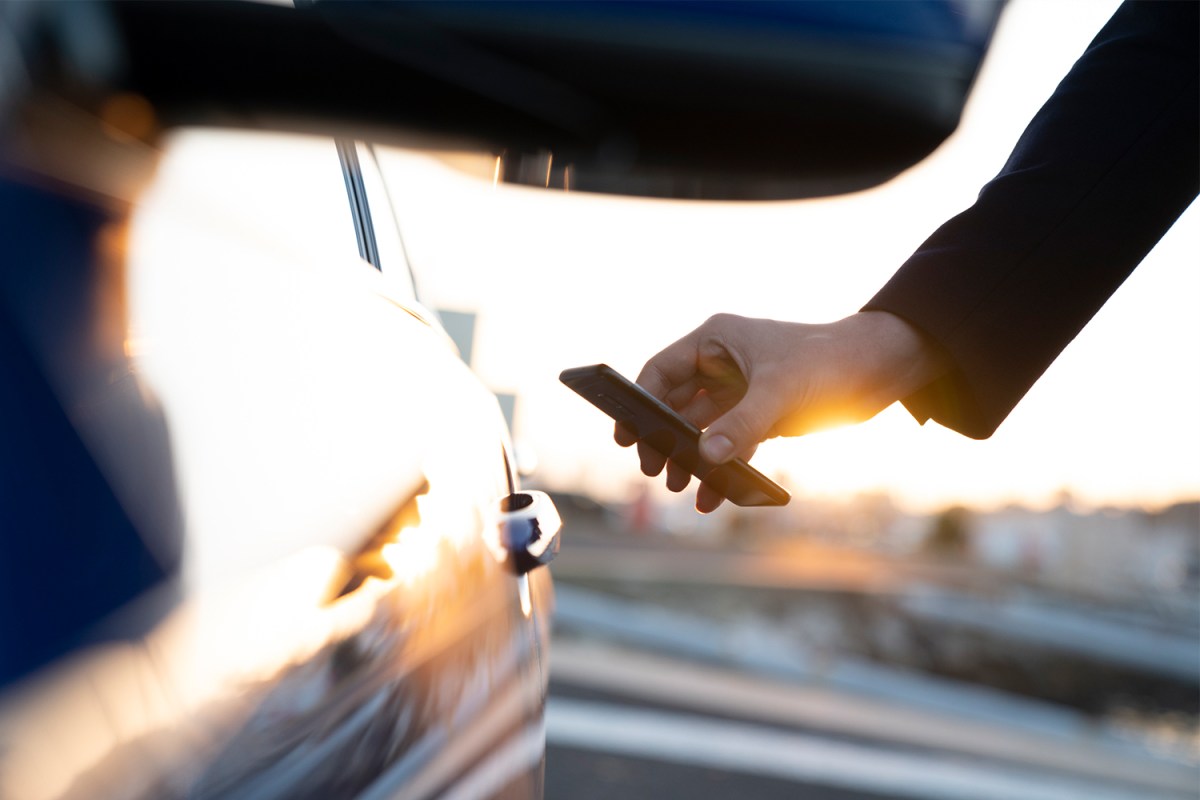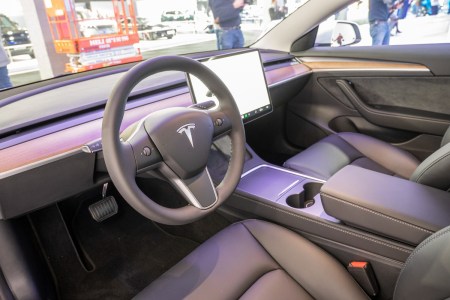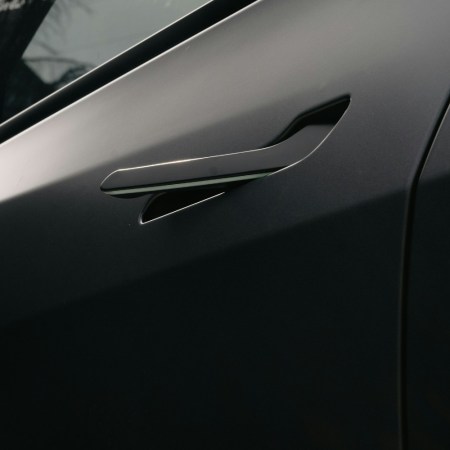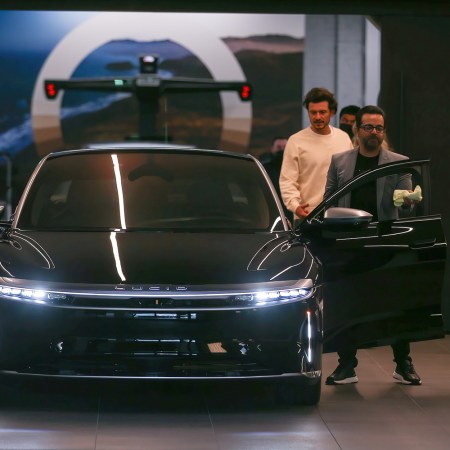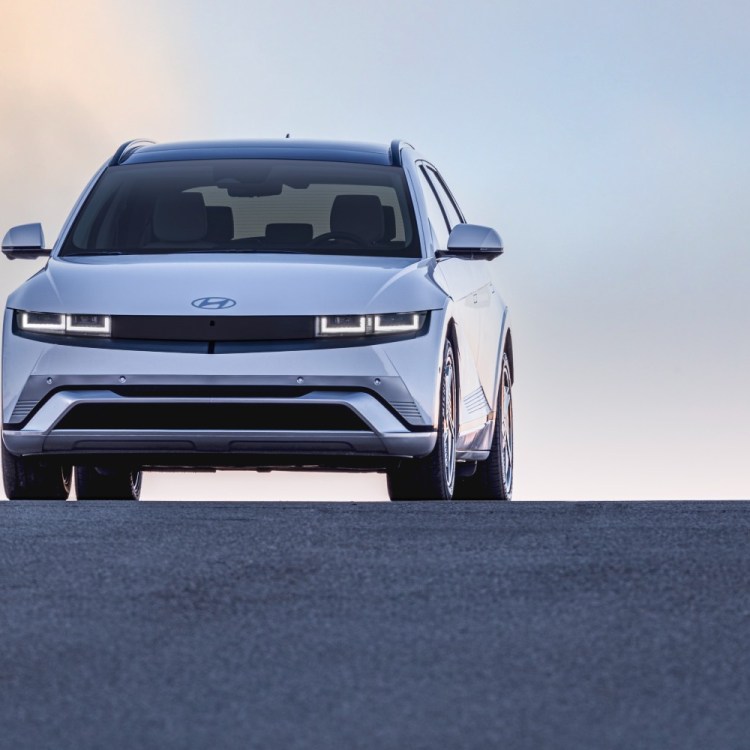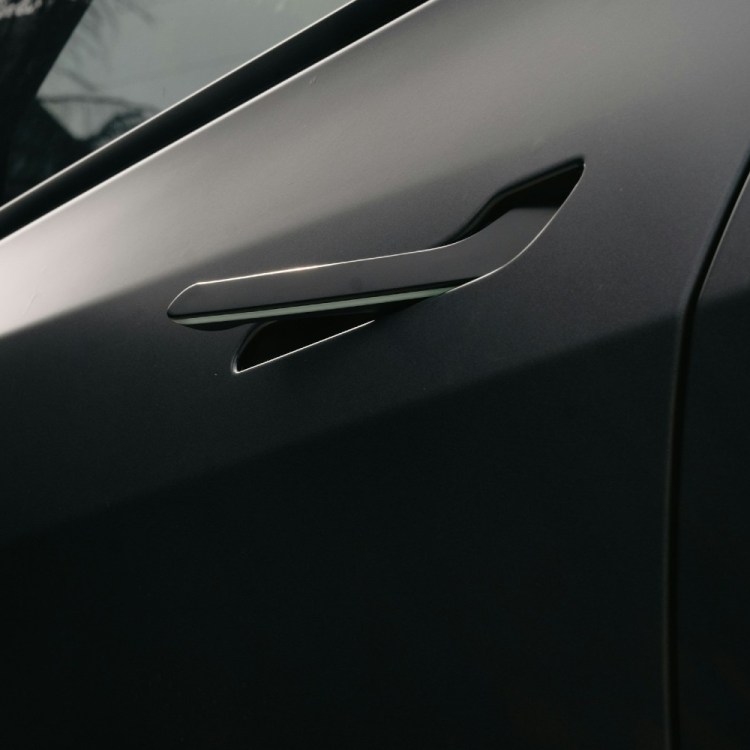If you picture a car key, chances are you picture old technology: a key you insert into your car’s ignition, then turn to start the car. Nowadays, the tech has evolved — depending on the make and model, you might only need a key fob in your pocket and to press a button to get your vehicle on the road. And the tech hasn’t stopped there; the next stage of car keys could do away with physical keys altogether.
Are you ready for the era of the digital car key? The Car Connectivity Consortium — an industry group that brings together major automakers and consumer tech companies like Apple, Samsung and Google — has released a whitepaper detailing the ins and outs of its Digital Key Release 3.0. According to the document, this new set of standards “adds hands-free, location-aware keyless access and location-aware features” — which, in theory, should make entering a car and getting on the road using only your phone as easy as doing it with a physical key or key fob.
In an interview with Andrew J. Hawkins at The Verge, Car Connectivity Consortium Vice President Daniel Knobloch addressed some of the issues that have come up with respect to digital keys, from compatibility to what might happen if your phone’s battery dies and you still need to get home.
Among the subjects up for discussion? Security issues. Knobloch made the case that digital key standards could avoid some of the technical issues that have allowed car thieves to hack key fobs.
“Even if a phone is compromised, that’s not compromised,” he said. “We are using ultra wideband, which allows a cryptographically secured distance measurement.”
A Driver Accidentally Unlocked and Drove Someone Else’s Tesla Model 3
A misunderstanding that points to a potential bugKnobloch also stated that the organization is taking steps to account for dead phone batteries. “The phone OEMs implement different low battery technologies, so if the phone dies, it still operates,” he explained.
This involves a lot of moving pieces, from the type of phone used to the make and model of a given car. Knobloch pointed out that technology like near field communication (NFC) and ultra wideband (UWB) create even more options in the mix for technologists to contend with. It’s an ambitious project — but with phones being used increasingly for things ranging from payments to riding mass transit, it’s not hard to imagine one more part of life being controlled through one’s smartphone, especially with plenty of automakers already beginning to use the tech.
This article appeared in an InsideHook newsletter. Sign up for free to get more on travel, wellness, style, drinking, and culture.
